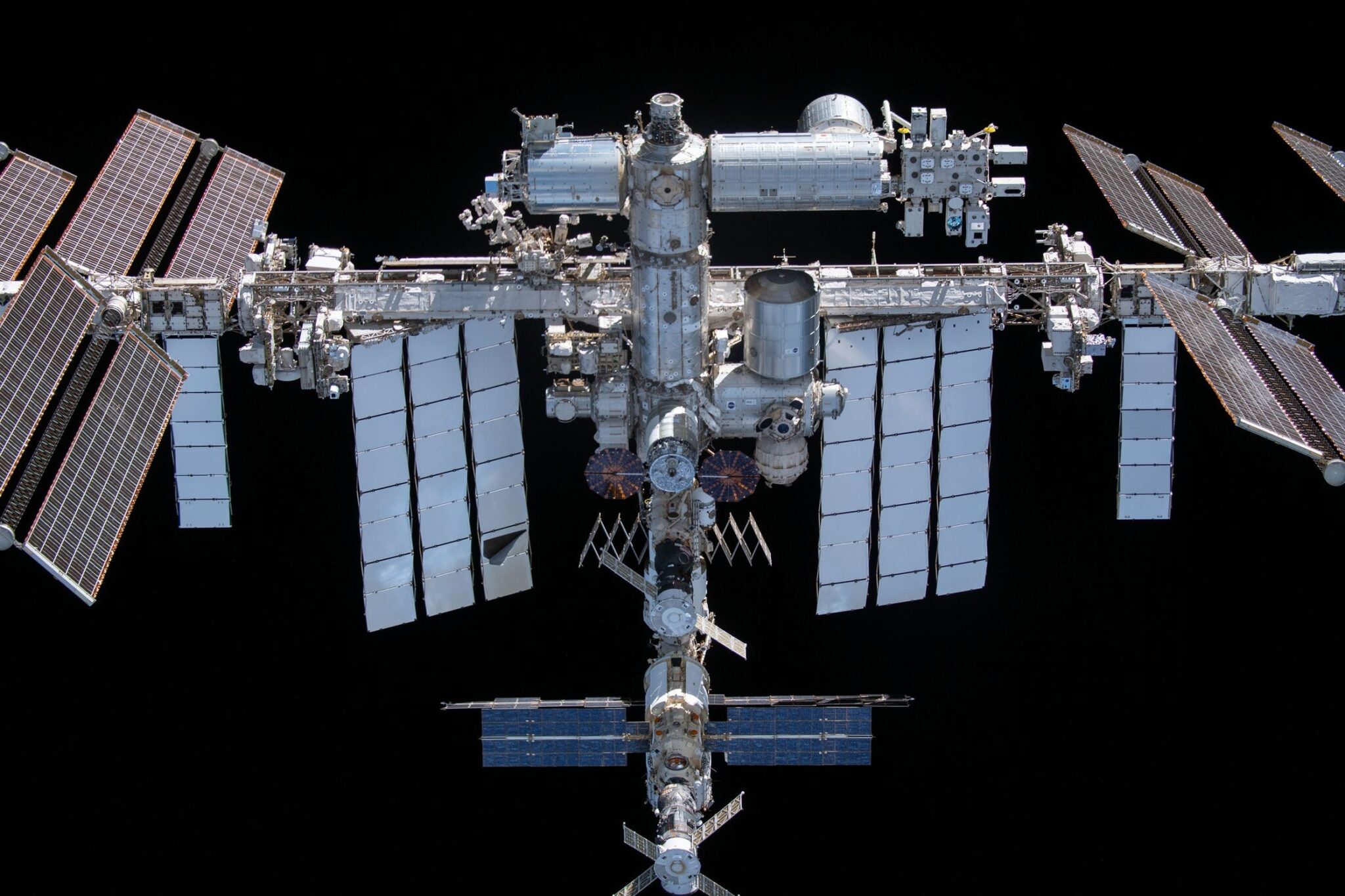An audio recording of a flight surgeon providing an emergency on the International Space Station caused a brief panic on June 12. The unnamed speaker was engaged in a telephone conversation discussing the condition of an unnamed commander requiring hyperbaric therapy due to decompression sickness.

“Unfortunately, the prognosis for commander is relatively tenuous, I’ll say, to keep it generic,” the medic reported anxiously.
ISS Mission Control Center confirmed that the audio recording was part of a ground simulation that was accidentally broadcast on the ISS live feed, and that all crew members were safely asleep during the broadcast.
The audio was cut from the live broadcast and posted on social media, quickly causing panic. On the recording, they can be heard discussing the commander’s return “back to the spacesuit” and preparation for hyperbaric therapy after decompression sickness. The discussion also touched on finding the best hospital to transfer the patient after landing, and a hospital in Spain was found that could provide both resuscitation and hyperbaric therapy.
BREAKING! Emergency Situation on the ISS!
"hypobaric exposure" to the commander "multiple dps hits"Listen Live: https://t.co/g5AQSjBOm8#NASA #ISS #SpaceStation #Emergency #Breaking pic.twitter.com/megfDjHUtg
— The Launch Pad (@TLPN_Official) June 12, 2024
While the tone of the conversation seemed real, it was actually a training scenario that somehow came across NASA’s public broadcast, sparking news and social media posts about the terrible situation in space. The aerospace administration had to respond quickly to the panic and calm down anyone who witnessed the conversation by accident.
There is no emergency situation going on aboard the International Space Station. At approximately 5:28 p.m. CDT, audio was aired on the NASA livestream from a simulation audio channel on the ground indicating a crew member was experiencing effects related to decompression…
— International Space Station (@Space_Station) June 13, 2024
Decompression sickness is a serious hazard for astronauts, although it is quite rare. It occurs when there is a rapid transition from a higher-pressure medium to a lower-pressure medium. The atmosphere inside the ISS is designed to mimic Earth’s: 79% nitrogen and 21% oxygen, with a pressure of just under 1 atmosphere, which is close to sea level conditions on Earth.
The ISS external environment has zero pressure. Therefore, if an astronaut moves quickly from the internal environment to the external environment without a spacesuit, or if there is a large breach in the station, the crew can get decompression sickness. This is because the gases in the body dissolve in the blood and tissues. When quickly exposed to a low-pressure environment, the gases, mostly nitrogen, form bubbles that cause serious problems accompanied by unbearable pain throughout the body. Pain from nitrogen bubbles is caused by blocked blood vessels, tissue tearing, internal bleeding, and an inflammatory immune response. Severe cases can even be fatal.
Decompression sickness happens on Earth too. It often affects divers who spend a lot of time at depth and come to the surface too quickly.
Decompression sickness aboard the ISS would indicate a serious problem: a module breach, a spacesuit malfunction, or improper application of protocols. So it’s good that it didn’t actually happen. However, the broadcast shows ground staff practicing to respond quickly in case of emergencies, hoping they never become a reality.
Previously, we analyzed the most popular mistakes from science fiction works, in which the consequences of decompression were often misinterpreted.
According to sciencealert.com


